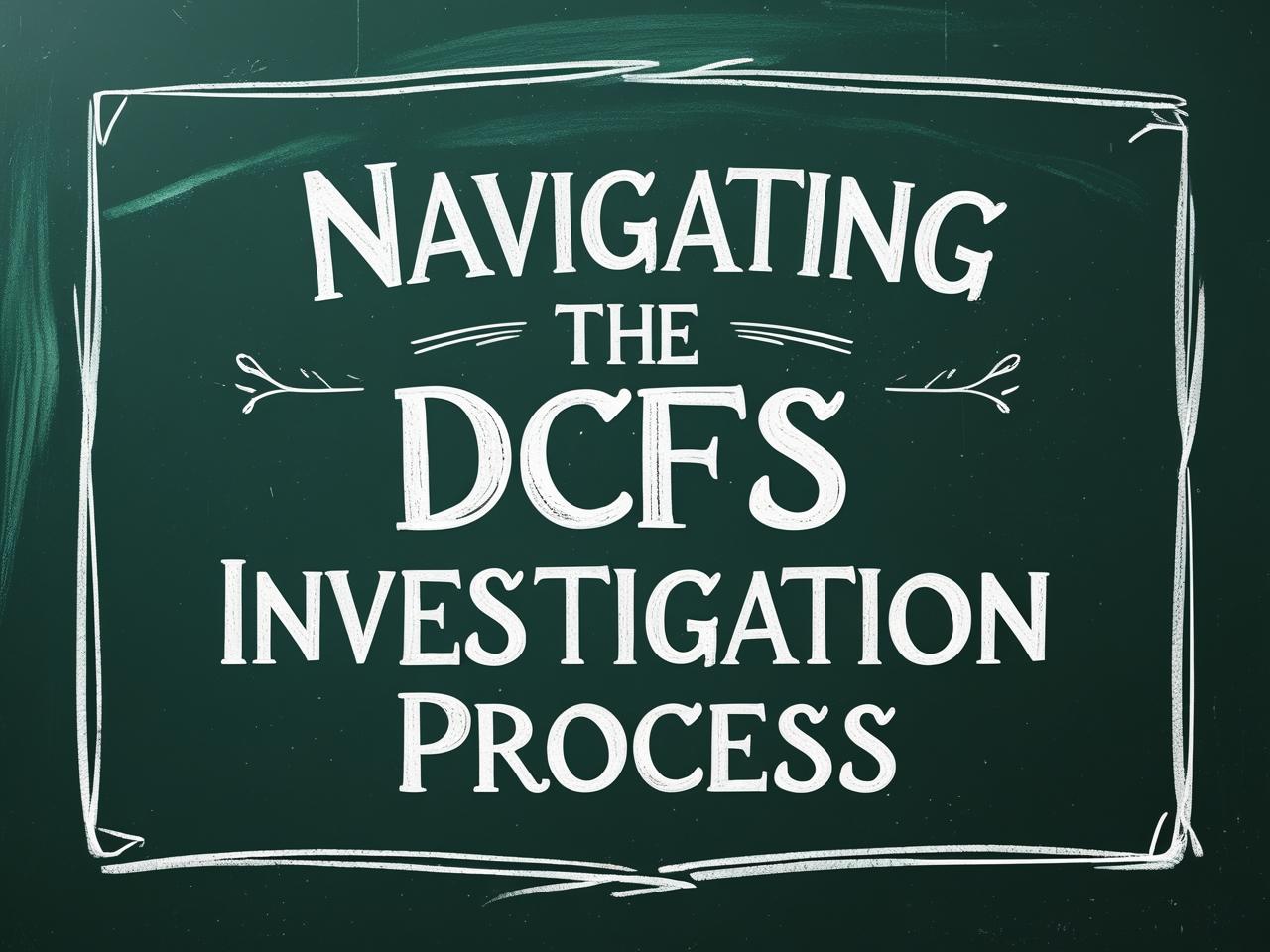- Free Consultation: (866) 811-4255 Tap Here To Call Us
Navigating the Los Angeles County DCFS Investigation and Juvenile Dependency Process

TL;DR:
In Los Angeles County, DCFS handles child abuse and neglect cases through the Edmund D. Edelman Children’s Court under California Welfare and Institutions Code § 300. A case starts with an investigation, possibly leading to emergency removal and a detention hearing (WIC § 319) within one court day. If the court sustains allegations at the jurisdiction hearing (WIC § 355), it moves to disposition (WIC § 358), where reunification services and placement orders are set. Progress is reviewed at six- and twelve-month hearings (WIC §§ 366.21, 366.22). If reunification fails, permanency planning (WIC § 366.26) may lead to adoption or guardianship. Parents should know their rights, document everything, comply with orders while contesting allegations, and seek an attorney experienced in Los Angeles juvenile dependency/DCFS defense immediately.
When the Los Angeles County Department of Children and Family Services (DCFS) contacts you, the stakes could not be higher. Parents often feel overwhelmed, scared, and unsure of their rights. This guide provides a step-by-step explanation of the entire DCFS and juvenile dependency process in Los Angeles County, from investigation to final court orders.
Why This Guide Matters
- Local Expertise – Los Angeles County operates the largest juvenile dependency court in the U.S., with unique procedures and challenges.
- Full Process Coverage – From the first DCFS knock to reunification or termination of parental rights.
- Actionable Defense Tips – Know what to do and what to avoid at each stage.
1. The Los Angeles County Juvenile Dependency Court
Edmund D. Edelman Children’s Court
All juvenile dependency cases are heard at the Edmund D. Edelman Children’s Court in Monterey Park. This court handles thousands of cases annually, with judges dedicated exclusively to child welfare.
Legal Authority: California Welfare and Institutions Code (WIC) § 300 lists the legal grounds for intervention, including physical abuse, neglect, sexual abuse, and risk of serious harm.
2. The DCFS Investigation
How Cases Begin:
- Mandated reports (teachers, doctors, therapists) – Cal. Penal Code § 11166
- Anonymous hotline tips
- Police reports after domestic violence or arrests
Your Rights:
- You are not required to let DCFS into your home without a court order or exigent circumstances.
- You may consult a juvenile dependency attorney before answering questions.
- Anything you say can appear in court reports.
Defense Tip: Request allegations in writing and speak with counsel immediately.
3. Key Hearings in the DCFS Process
A. Detention Hearing – WIC § 319
- Held within one court day of the petition being filed.
- Court decides whether the child stays in foster care, with relatives, or returns home.
- Burden: substantial danger with no reasonable protective alternative.
B. Jurisdiction Hearing – WIC § 355
- Functions like a trial to determine if allegations are true.
- Evidence: social worker reports, medical/school records, testimony.
C. Disposition Hearing – WIC § 358
- Court orders reunification services, visitation schedules, and placement decisions.
D. Review Hearings – WIC §§ 366.21, 366.22
- Six- and twelve-month reviews determine progress toward reunification.
E. Permanency Planning – WIC § 366.26
- May result in adoption, guardianship, or Planned Permanent Living Arrangement (PPLA).
- Termination of parental rights is final unless appealed on time.
4. Los Angeles County-Specific Factors
- High Caseloads – Expect delays; document compliance.
- Dependency Drug Court – Alternative program for substance abuse cases.
- Kinship Care Priority – Relatives preferred under WIC § 361.3.
- Language/Cultural Support – Court provides interpreters and culturally matched services.
5. Parent Survival Tips
- Keep a written log of all DCFS interactions.
- Arrive early and prepared for court.
- Follow court orders while challenging false allegations.
- Communicate regularly with your attorney.
FAQs
Q: Do I have to let DCFS into my home in Los Angeles County?
A: No, unless they have a court order or exigent circumstances. Speak to an attorney before allowing entry.
Q: How fast can DCFS remove my child?
A: In emergencies, removal can be immediate, with a detention hearing the next court day.
Q: What happens at a jurisdiction hearing?
A: The court decides if allegations are true based on evidence; this determines whether the case proceeds.
Q: Can my child be placed with a relative?
A: Yes, kinship care is preferred in Los Angeles County under WIC § 361.3.
Local Resources
- Edmund D. Edelman Children’s Court – 201 Centre Plaza Dr., Monterey Park, CA 91754
- Los Angeles County DCFS – https://dcfs.lacounty.gov
- California WIC § 300 – California Legislative Information
Final Note
If you are facing a DCFS investigation or juvenile dependency case in Los Angeles County, time is critical. The earlier you secure experienced representation, the better your chances of protecting your parental rights.













